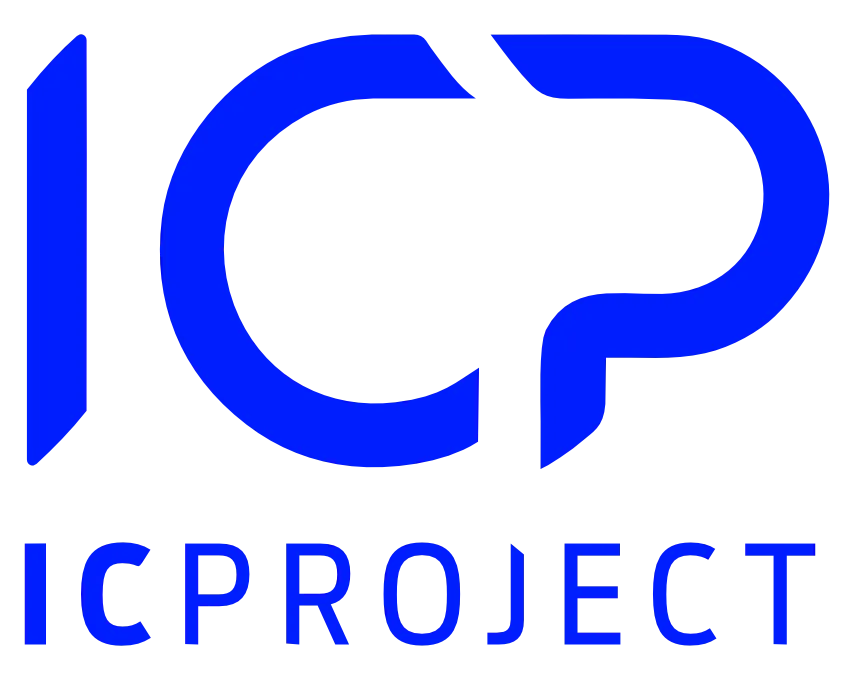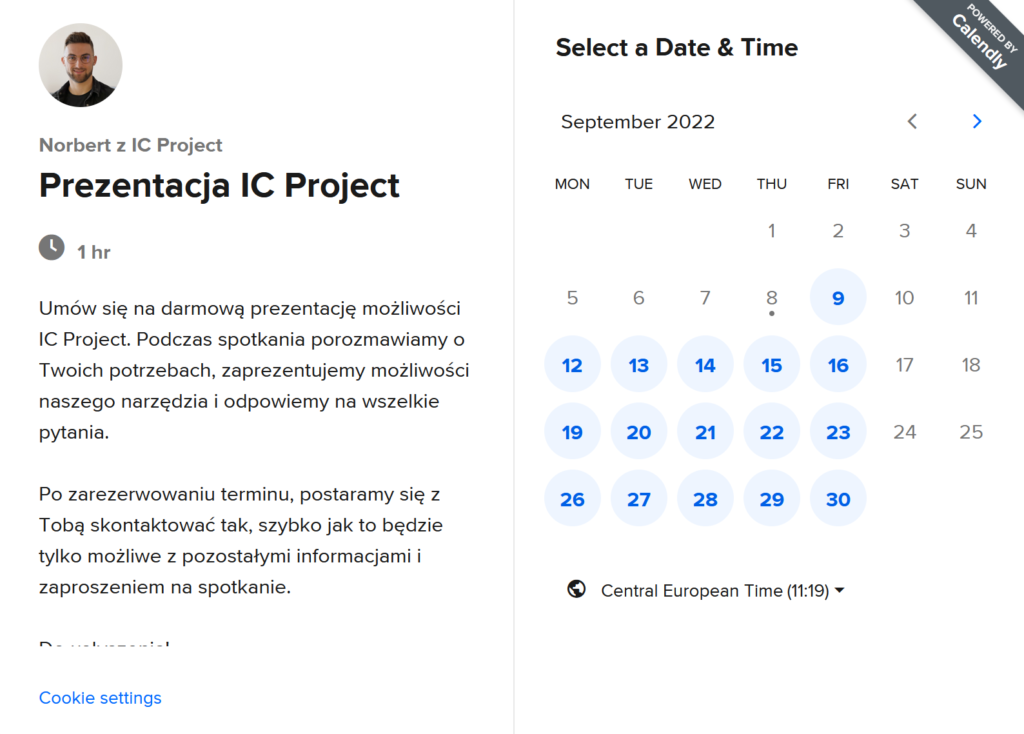Task management in CRM is all about overseeing customer relations and developing strategies to improve customer satisfaction. To successfully manage a CRM project, you need to have a solid understanding of customer psychology and be able to effectively communicate with team members. You also need to be able to set clear goals and objectives and create a detailed plan of action. CRM tools not only improve information and document flow but provide ways to achieve goals.
CRM in project management
CRM, or Customer Relationship Management, is a slogan that has been used day in and day out in project management and task management for several years. Not without reason. Lightning-fast technological progress and IT society development have brought many changes in the traditional way of marketing management, and the clients themselves have become the company’s most precious resource. It is not surprising, then, that convenient data storage and effective planning and structuring of actions directed at business partners have become critical aspects of the business. There are a host of benefits derived from supporting yourself with a tool like CRM. Let us focus on what problems can be solved by this system in small companies and start-ups.
All your data in one place
Maintaining control over contacts does not pose much trouble at the beginning of an enterprise’s activity, but as it grows, it is hard to avoid a mess in this area. It’s happened to any of you to write down some important information that was later impossible to find. Data stored in various formats, in various places, and various programs lead to employees losing valuable time, communication being hindered and actions being less effective. Using tools like CRM allows us to avoid such situations. One of its greatest advantages is that it allows you to collect all your scattered data in one place. Thanks to this, collecting, sorting, and updating client information is much easier.
Online access
People who run a company or a start-up know that, in most cases, the boss’s work does not end once they leave the office. Thanks to CRM, working in the cloud, all the data collected in the system is always at hand. It is not important whether one is away from the company office by hundreds of kilometers or merely a few meters. When we want to monitor the performance of a task or have to visit a client in an emergency, all it takes is access to a search engine and a few clicks to find the information of interest.
More effective group work
What is more, the implementation of the CRM system significantly facilitates cooperation inside the team. How so? First and foremost, it allows individual members to exchange the necessary documents and information. Regardless of where an employee is located, they can perform their tasks. In the case of staff turnover, CRM allows you to maintain all client data in the system and prevents the not-so-rare loss of some information along with an employee’s departure. An additional benefit is the much easier training of a new team member. Access to CRM, giving insight into the collected knowledge, allows them to start unaided work much more quickly.
CRMs have long ceased to be used exclusively by large corporations. The benefits that follow their implementation are being noticed by more and more small companies and start-ups. In their case, though, it is not about a tool like a mass-selling machine but a simple solution to manage contacts. The IC Project, aided by an in-built CRM, is an answer to these needs. Functionalities such as a list of contractors and contact people and the possibility to create project-integrated notes make it possible to manage relations with the client at the basic level. CRM project management allows for the facilitation of everyday work and improves communication in the team.
Best CRM task management in 2022
CRM task management is the process of using customer relationship management software to track and manage tasks related to customers or clients. This can include tasks like following up on sales leads, responding to customer inquiries, or managing customer accounts. CRM task management can help businesses improve their efficiency and effectiveness in communication with customers. It can also help businesses better understand their customers’ needs and preferences. In turn, this can lead to improved customer satisfaction and loyalty. Ultimately, CRM project management can be a valuable tool for any business that wants to improve its customer relationships.
Use of CRM in task management
A proven internet CRM system, even for a small or medium-sized enterprise, means real benefits—from the quality of sales department operation to fully effective use of the developed database.
CRM (Customer Relationship Management) is becoming more and more important for the optimum business operation of entities based on direct client contact. Growing competition in combination with decreasing customer loyalty makes it impossible to treat full control over a comprehensive database as a technological caprice and not as a standard regardless of the company’s size. A good CRM system is a specification allowing for effective management of sales and the contractor base as well as specific task delegation, marketing, and support activity.
The relationship between companies and customers—former, present, active, and without contact for a longer period—is often treated as a secondary need. The current business makes companies neglect the matter of the use of their databases, for instance, to analyze relationships with particular service recipients or to verify the method by which all the generated contacts can be optimally used in marketing operations. In this regard, CRM foundation always means precision and simplicity of data application for specific tasks, such as customer sectoring and their breakdown into potential business development opportunities.
Attention should also be paid to the matter of real profits which, through CRM implementation, are earned by the enterprise. Their precise determination is limited, e.g., due to a lack of specific comparative historical data or overlapping of factors that vary and are difficult to measure. However, it is not possible to question the promotional benefits of CRM: from the increase in action consistency, through closer cooperation with key customers, to the possibility of sales increase.
CRM application in contact with customers
The possibilities of corporate systems are regularly developed and provide a constantly growing range of application options. However, what does not change is that they offer key solutions for building relationships with contractors and ensuring their prompt and precise support.
CRM, in the scope of project management, covers all the budgeting stages-from its creation, through analysis, to approval and role distribution in line with classification. The systems cover sales management: from the creation and performance of orders to the generation of sales lists and reports. CRM also translates into a clear division and management of particular tasks, along with the generation of sales or effectiveness reports—both about projects and employees.
In the operational scope, CRM ensures the automatization of all business activities. It is a specific combination of sales, marketing, and potential support services. From the analytical point of view, the CRM system allows for precise analysis of customer behavior; collected data comprises a sufficient basis for the generation of reports and future forecasts. The third CRM foundation, i.e., a communication platform, translates directly into a simplified exchange of information and, for instance, potential reminders. In this aspect, the systems perfectly match the current business situation and Internet-based communication: the developed contact center is based on e-mails or Internet messengers; it is also the focus of contact data management.
Therefore, databases based on the Internet and IT systems ensure optimum data archiving, and the possibility of their exchange, editing, and centralization in an electronic form—which is particularly important to companies that previously relied in their operation exclusively on standard information catalogs. Furthermore, CRM facilitates customer classification according to key criteria, thus reducing the time of service provision. CRM task management is not only for entities with advanced sales and customer networks-a of particular value in the days of continuous market competition.





